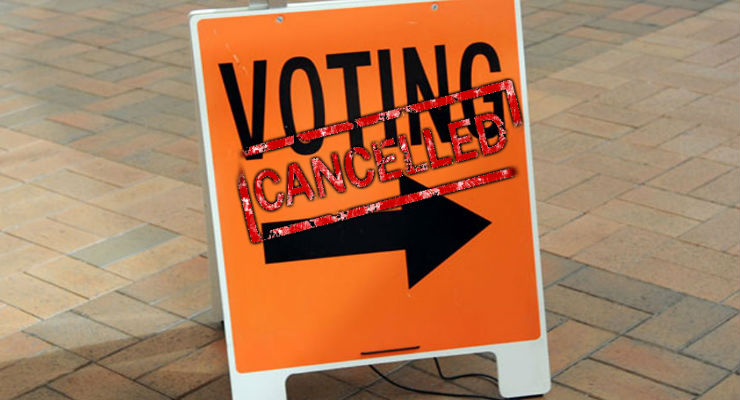 This article by Joshua Douglas makes an analysis of the independent state legislature doctrine. The article is published by Washington Monthly. Here is an excerpt:
This article by Joshua Douglas makes an analysis of the independent state legislature doctrine. The article is published by Washington Monthly. Here is an excerpt:
The Supreme Court has already made it exceedingly difficult for voting rights plaintiffs to successfully challenge election rules. Now, through emergency petitions involving gerrymandering, Republicans in North Carolina and Pennsylvania are asking the Court to further cabin the right to vote. If their ploy succeeds, state politicians will have virtually no checks on their authority to dictate election rules.
The current state of the law is already bleak for those who seek to uphold the right to vote and prevent state lawmakers from imposing harsh rules that make it difficult for some voters to cast a ballot that will count. Although the Supreme Court once considered voting to be a “fundamental right,” over the past few decades the Court opened the door to greater state regulation of the electoral process. The Court offered the somewhat-bland statement in 1974 that “as a practical matter, there must be a substantial regulation of elections if they are to be fair and honest and if some sort of order, rather than chaos, is to accompany the democratic processes.” But it has twisted that phrase as it has adopted a doctrine that provides states with virtually zero oversight of their electoral schemes, even when voters are harmed. No longer does the Court robustly protect the constitutional right to vote. Instead, election law jurisprudence is one of extreme deference to states. The Court has also invoked a relatively new rule, known as the Purcell principle, that says federal courts should not invalidate state laws too close to an election—though how close is too close is anyone’s guess. The message: States can violate the right to vote for at least one election cycle.
Continue reading here.
Leave a Reply